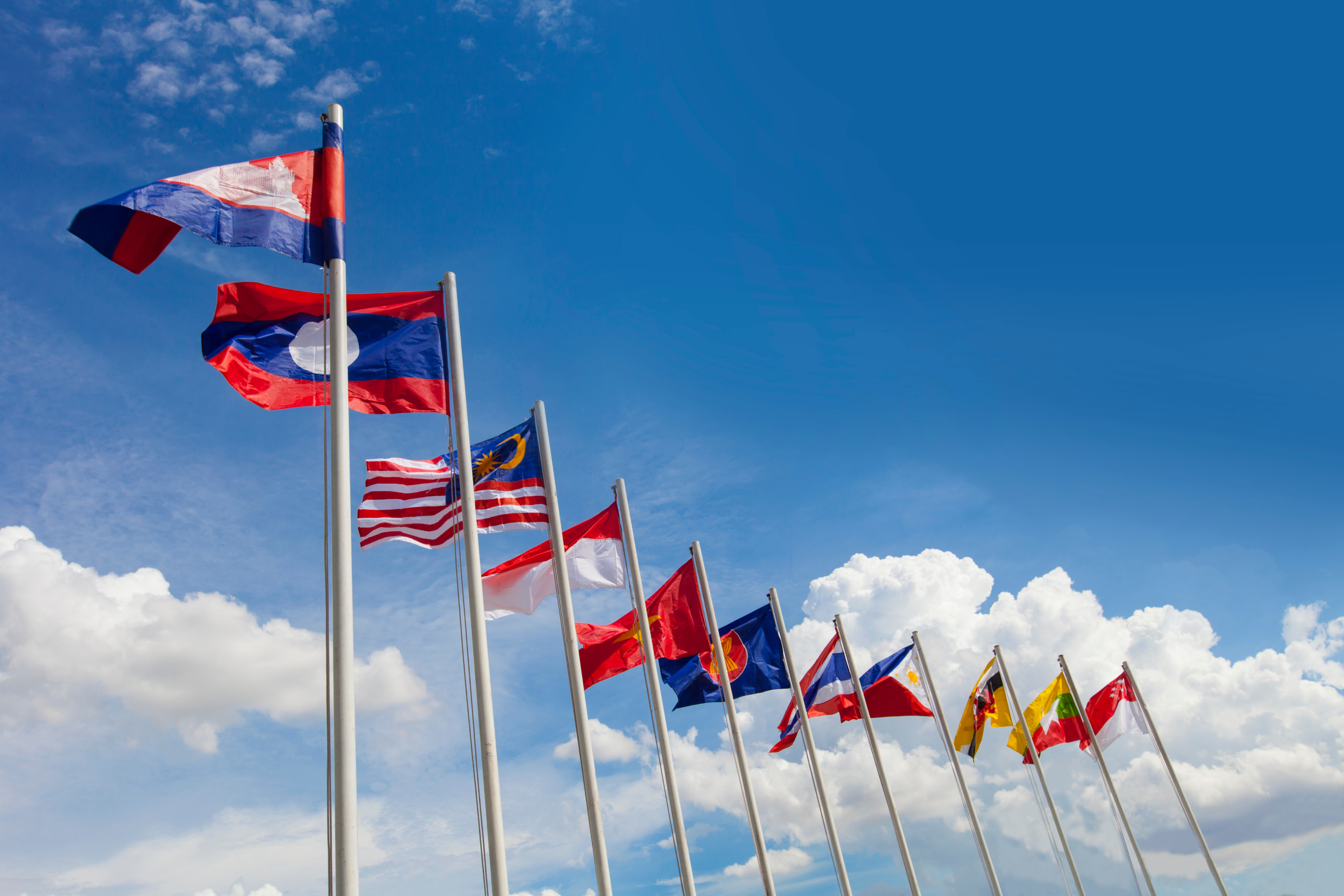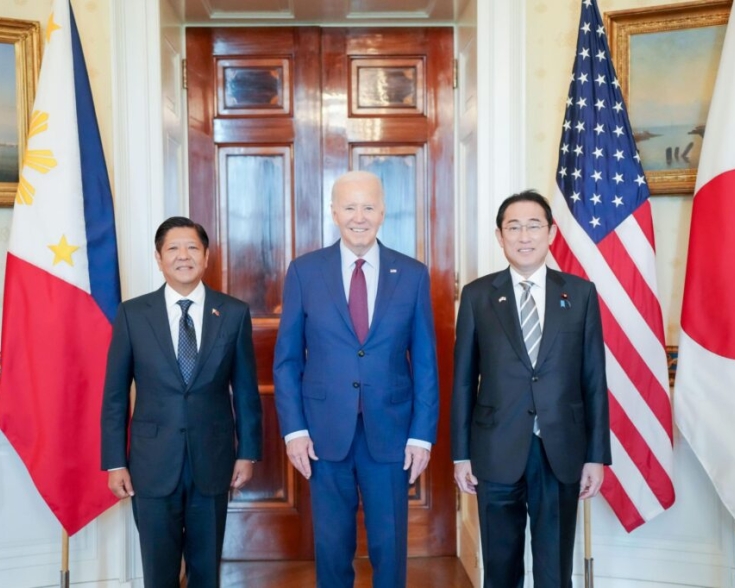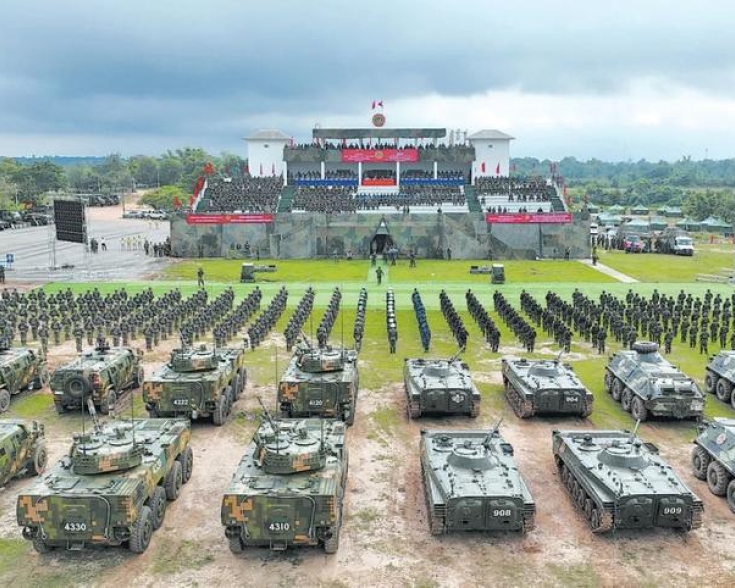ASEAN’s Position on the Situation in Myanmar

At the 56th ASEAN Foreign Ministers’ Meeting(AMM) from July 11-12, Thailand’s Foreign Minister Don Pramudwinai revealed that he had met with Daw Aung San Suu Kyi during an hour-long meeting on July 9th in Naypyidaw. Prior to this, the military junta had denied requests by all other diplomatic officials, including from the UN, to meet with Daw Aung San Suu Kyi. In recent months, her lawyers had also been prevented from meeting with her. Without going into detail on the contents of the meeting, Minister Don declared that “she encouraged dialogue”. This has drawn mixed reactions, with academics and experts condemning the meeting as undermining the ASEAN Five Point Consensus approach. Moe Zaw Oo, the deputy foreign minister of the National Unity Government(NUG), also stated that the meeting was a “political ploy by the military regime intent on using Daw Aung San Suu Kyi for sheer political gain”. Within Myanmar, the military has been utilizing the reported meeting to push their propaganda stating that Daw Aung San Suu Kyi is opposed to the resistance. that In June, Thailand had pushed for a proposal to “fully re-engage Myanmar at the leaders’ level”, while they held talks at which Myanmar’s military-appointed foreign minister was invited. Currently, Myanmar has been barred by ASEAN from attending regional meetings unless they make progress on the Five-Point peace plan. While the talks were attended by representatives from the ASEAN member states Brunei, Cambodia, Laos, Vietnam, and the Philippines, as well as India and China, they were shunned by other key members including Malaysia, Singapore, and Indonesia.
Myanmar was one of the key issues discussed by the member states at AMM, where the ASEAN chair Indonesia’s Foreign Minister Retno Marsudi also pointed to the need for ASEAN unity. U.S. Secretary of State Blinken also participated in the meeting in Indonesia, where he stressed the importance of pressuring the military regime to halt violence, and implement the Five-point Consensus. After a period of delay, the regional bloc issued a joint communique condemning the ongoing violence while reaffirming that the Five-Point Consensus continues to be ASEAN’s main point of reference for addressing the crisis. Meanwhile, in recent bilateral meetings between Malaysian Prime Minister Anwar Ibrahim and Philippines President Ferdinand Marcos, Prime Minister Anwar reported that there could be room “for neighbouring countries to engage on an informal basis without sacrificing the issue of human rights, and the treatment of minorities, particularly the Rohingya”, while still stressing the importance of the Five-Point Consensus.







